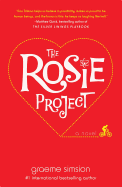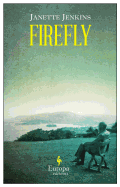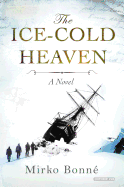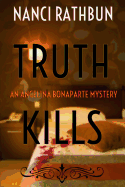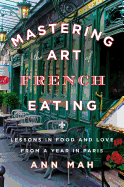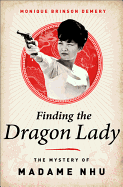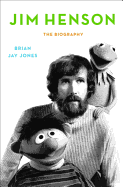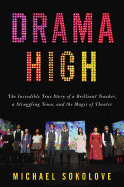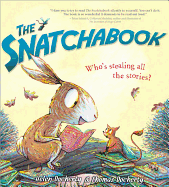 |
| photo: Jessica Tampas Photography |
Monique Brinson Demery's fascination with Madame Nhu began when, as a little girl, she first saw Larry Burrow's 1962 iconic photo of her "with piles of black hair and lacquered finger nails," in a form-fitting traditional Vietnamese dress, holding a black .38 pistol--the same image that appears on the cover of Demery's biography of the former First Lady of South Vietnam, Finding the Dragon Lady. That initial attraction to Madame Nhu's glamour gradually evolved into an awareness of the problem attractive, intelligent women married to powerful men still face today: What is the proper mode of conduct for a political leader's unelected spouse if she refuses to be her husband's "safe" accessory?
Demery received a Master's degree in East Asia Regional Studies from Harvard University. Her initial phone interviews with Madame Nhu in 2005 were the first granted to any Westerner in nearly 20 years.
How would you describe your friendship with Madame Nhu?
My relationship with Madame Nhu began in 2005 and ended in 2011 when she passed away. It was through conversations and interviews over the phone (in French) and, at the end, through e-mail messages--but we never met in person. Madame Nhu set up elaborate schemes to meet in Paris, "very discreetly," as she put it, but she stood me up each time. The only way I was able to make sense of her conflicting behavior--saying she wanted to meet me and then staying home--was by sympathizing with how difficult it must have been for Madame Nhu to appear as a fragile old woman, or worse, as an ordinary one. She preferred to remain a mystery.
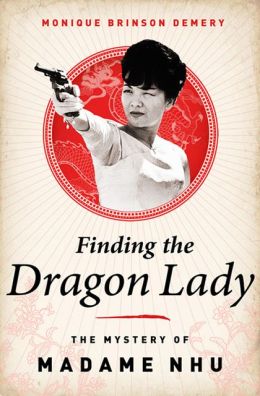 The iconic image of her is the one on the book's cover, in which she wears a tight-fitting traditional dress and aims a gun. Can you explain why that photo still generates such a powerful effect?
The iconic image of her is the one on the book's cover, in which she wears a tight-fitting traditional dress and aims a gun. Can you explain why that photo still generates such a powerful effect?
If I knew nothing of Madame Nhu and was passing by the book in a bookstore, I would definitely do a double take--which is certainly the purpose of a provocative cover. That image draws people in to the seductive, dangerous image of Madame Nhu, but does so by leaning heavily on the Dragon Lady stereotype--a Western construct. My hope is that what is on the inside of the book peels away that imposed caricature of her and reveals the woman beneath the image.
Stanley Karnow mentions her décolletage and imperious manner in his Vietnam book. Edward Lansdale, more sympathetic, said in an interview that she was a warm, caring woman "well-trained in all the feminine arts" but underappreciated by her husband and family. What factors contributed to these conflicting, but ultimately limited, views about Madame Nhu?
As you correctly point out, the descriptions of Madame Nhu by both Karnow and Lansdale are both oversimplistic and neither one captures the full spectrum of Madame Nhu. I don't want to make the same mistakes. Instead, I really do think that the best approach for me was to put Madame Nhu in her historical context.
The French colonial era was ending, and nationalist sentiment was taking off. What had once been a strict hierarchy in rural society was changing as it migrated to the cities, and emphasized different values, social change for women was butting heads against traditional gender roles. One great example of an obvious conflict within Madame Nhu were her social norms--she insisted on French at the dinner table while professing a hatred of the legacy of colonialism and encouraging Vietnamese women to follow her into forging their own nationalist identity.
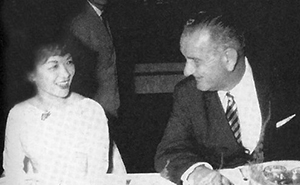 Back in the 1960s, even liberal American journalists sounded like traditionalists when they judged Madame Nhu. This reminds me of the press' ambivalence toward Hillary Clinton during her husband's administration. Was the '60s media's judgment based on racial and gender prejudices?
Back in the 1960s, even liberal American journalists sounded like traditionalists when they judged Madame Nhu. This reminds me of the press' ambivalence toward Hillary Clinton during her husband's administration. Was the '60s media's judgment based on racial and gender prejudices?
I do think that the prevailing attitudes in the media that forged Madame Nhu's legacy as a Dragon Lady were racist and sexist, although I don't think they set out to be. Again, it was a product of the times--and for Americans, Vietnam was so foreign and exotic that the mostly male media tried very hard to force Madame Nhu into a stereotype. By demonizing Madame Nhu, it made the American public confident that she was "other" and that they, the Americans, were the good guys and needed to rush in.
With the publication of Finding the Dragon Lady, do you think that Madame Nhu will be rehabilitated in the public eye?
My purpose in writing this book was not necessarily to rehabilitate or redeem Madame Nhu, but to expose the injustice of how other historians regurgitate the same old Dragon Lady tropes without examining who this powerful woman really was, and how she made an impact on Vietnamese and American history. I also wanted to personalize the story of the early years of the Vietnam War, and found that Madame Nhu was such a colorful character that she breathed life into the larger and very confusing story of just how we Americans found ourselves enmeshed in a decade of war, and why the legacy of Vietnam haunts us to this day. --Thuy Dinh, editor, Da Mau magazine
Monique Brinson Demery: Searching for the Dragon Lady
 Is he running out of title ideas, after 23 Prey books and 7 Flowers? No, Sandford said, because Storm Front came from his editor, Neil Nyren. "I'm not good at titles--I might go with Virgil Flowers Gets Laid, but Neil might hesitate to consider that... I don't know how Neil finds them; I suspect he'd tell you there's a scientific process, but in reality, he probably sits in his chair and mutters to himself, as if he's tasting different varieties of cheese...."
Is he running out of title ideas, after 23 Prey books and 7 Flowers? No, Sandford said, because Storm Front came from his editor, Neil Nyren. "I'm not good at titles--I might go with Virgil Flowers Gets Laid, but Neil might hesitate to consider that... I don't know how Neil finds them; I suspect he'd tell you there's a scientific process, but in reality, he probably sits in his chair and mutters to himself, as if he's tasting different varieties of cheese...."



 The iconic image of her is the one on the book's cover, in which she wears a tight-fitting traditional dress and aims a gun. Can you explain why that photo still generates such a powerful effect?
The iconic image of her is the one on the book's cover, in which she wears a tight-fitting traditional dress and aims a gun. Can you explain why that photo still generates such a powerful effect? Back in the 1960s, even liberal American journalists sounded like traditionalists when they judged Madame Nhu. This reminds me of the press' ambivalence toward Hillary Clinton during her husband's administration. Was the '60s media's judgment based on racial and gender prejudices?
Back in the 1960s, even liberal American journalists sounded like traditionalists when they judged Madame Nhu. This reminds me of the press' ambivalence toward Hillary Clinton during her husband's administration. Was the '60s media's judgment based on racial and gender prejudices?